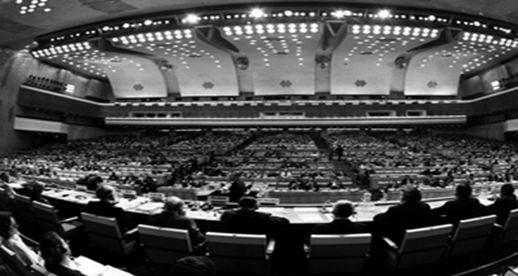The importance of the Alma Ata principles of equity and voice, through intersectoral investment and leadership, in achieving the health and nutrition Sustainable Development Goals by 2030.
A reflection on the upcoming Astana Conference, to be held on the 40th anniversary of the Alma Ata Declaration of 1978.
Abstract
It is now forty years since 134 countries, 67 international organisations including NGOs (Non- governmental organisations) met at an innovative three-day conference, to agree on the best approach to improve global health (WHO 1978). The Alma Ata Declaration called for global commitments to achieving Health for All by the year 2000. It was based on the principles of equity and community participation in health planning and policy making, through an intersectoral approach. As stakeholders prepare to meet in Astana in Octber, to agree on the new Global Health Declaration, we must reflect on lessons learned in the last 40 years to ensure that we can achieve Health for all by the year 2030.

Authors retain all copyrights. In making a submission to World Nutrition, they are certifying that all material is theirs except quotations, as indicated, and that they have obtained permission for any photos, tables, or graphics taken from other publications or websites.




